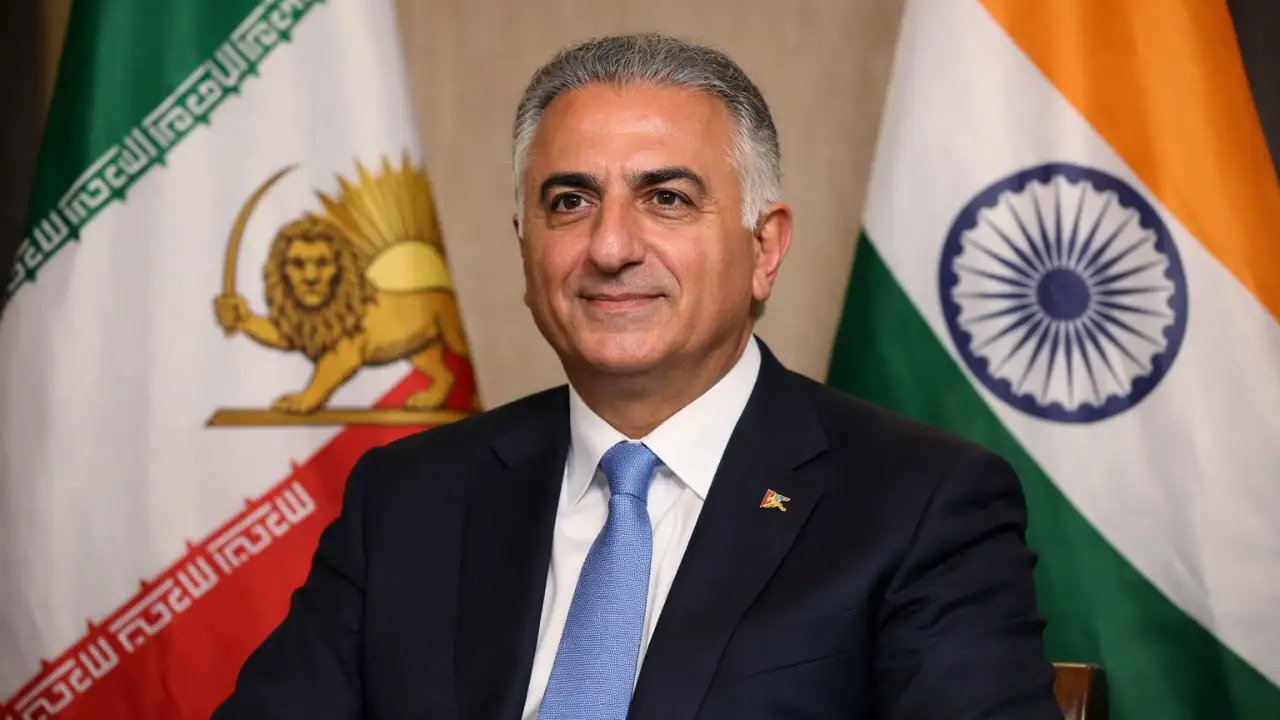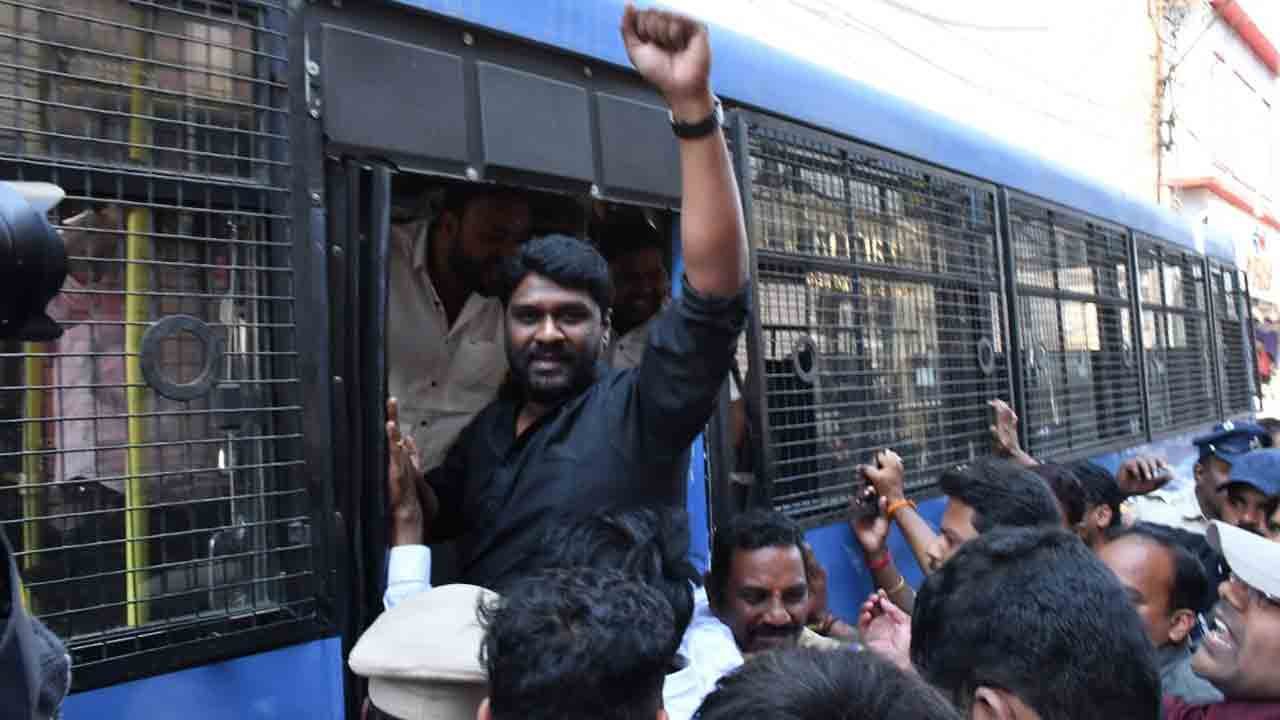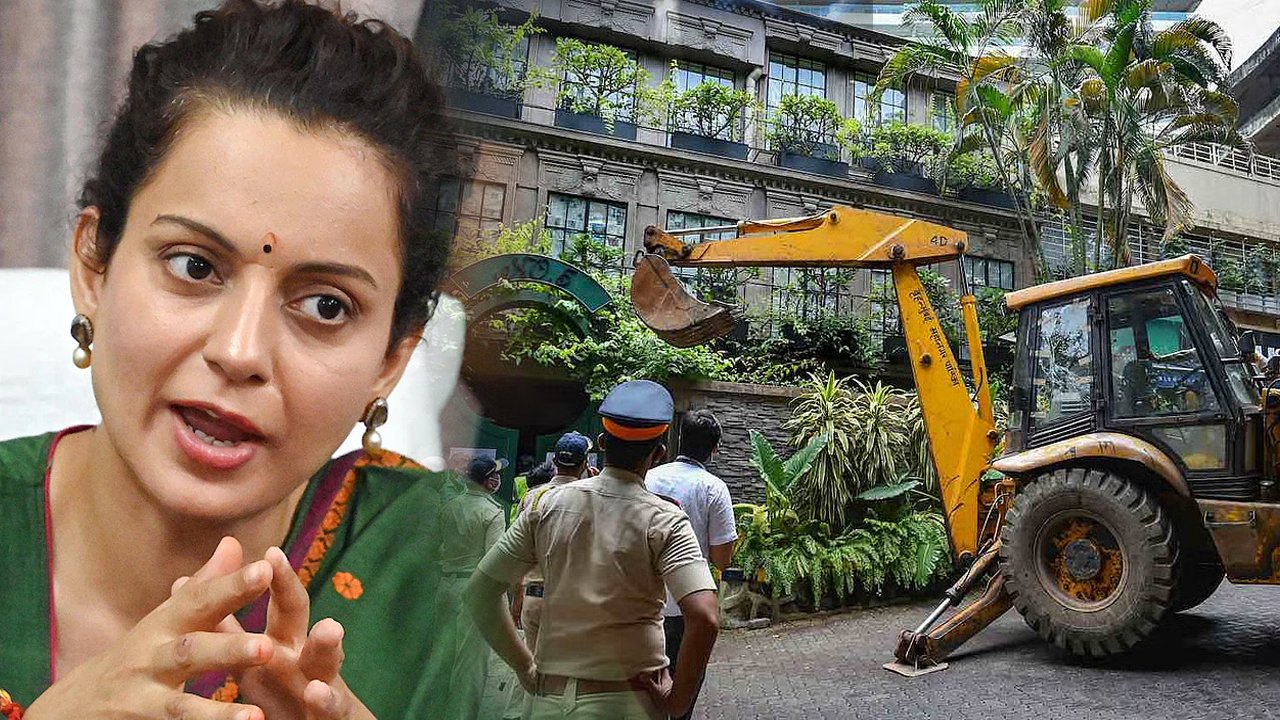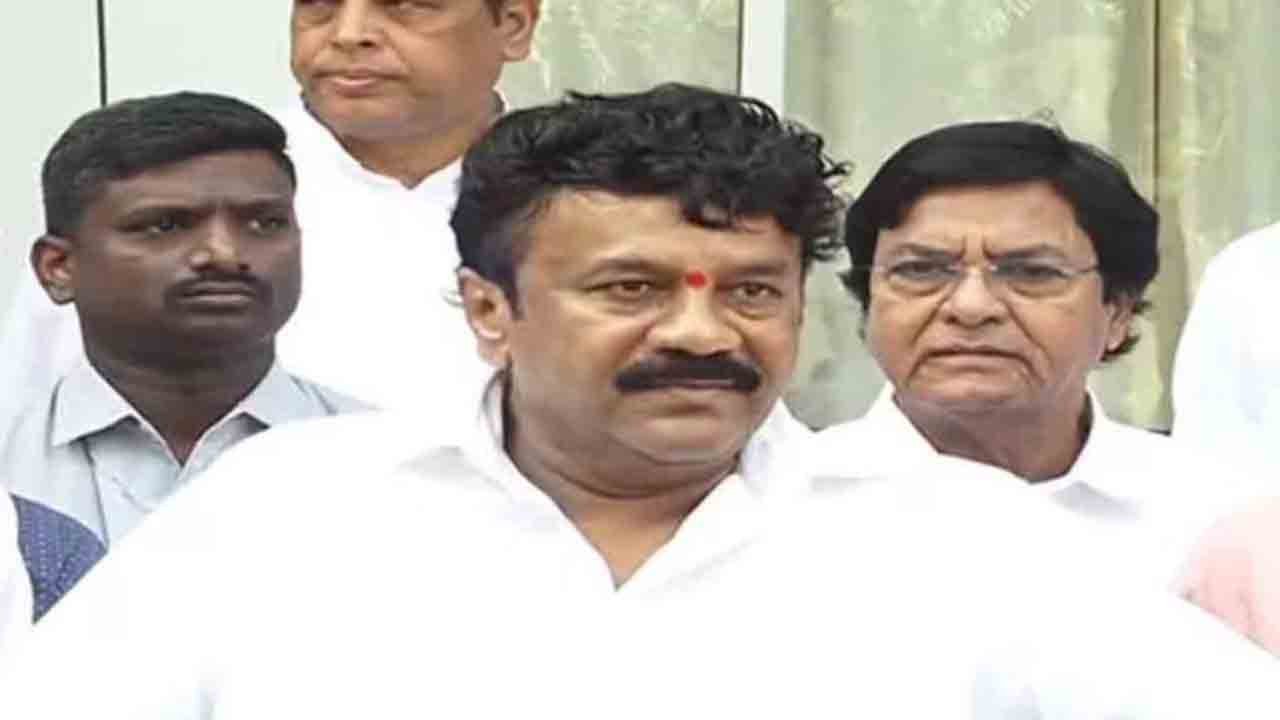Empowering Families: How to Discuss Organ Donation Wishes to Loved Ones
In an era where medical advancements offer life-saving opportunities through organ transplantation, one vital component often remains overlooked – open and honest discussions about organ donation wishes within families. The importance of these conversations cannot be overlooked. Understanding and sharing organ donation preferences can profoundly impact both individuals and their loved ones during challenging times.
Click Here To Join Us On WhatsApp
Why It Matters
Organ donation is a compassionate act that can save multiple lives, but its impact extends beyond the recipients. Families facing the loss of a loved one are already grappling with immense grief and stress. When organ donation wishes are not clearly communicated, these decisions can add an additional layer of difficulty and conflict. By having these discussions in advance, families can ensure that decisions align with the deceased’s wishes, potentially easing the burden during an emotionally charged period.
The need in India
India faces a significant gap between the number of organs needed and those available for transplantation. The organ donation rate among deceased individuals in India is extremely low, at just 0.26 per million population. This low rate contributes significantly to the annual deaths of 500,000 people who are unable to receive the organs they need. This disparity highlights the urgent need for more organ donors and underscores the importance of discussing donation wishes with loved ones.
Click Here To Join Us On WhatsApp
Starting the Conversation
Initiating a discussion about organ donation might seem daunting, but it doesn’t have to be uncomfortable. Here are some steps to facilitate this important conversation:
1. Choose the Right Time and Place: Find a calm and private setting where everyone feels comfortable. It’s best to have this conversation when all are relaxed and not preoccupied with other stressors.
2. Share Personal Views: Begin by expressing your personal views on why organ donation is considered important. This can make the conversation more manageable and encourage others to share their own perspectives.
3. Provide Information: Many people are unsure about organ donation and may have misconceptions. Provide accurate information about how organ donation works, the types of donations, and the impact it can have. Emphasize that organ donation is a personal choice and that everyone’s views should be respected.
4. Discuss Preferences: Ask family members about their preferences regarding organ donation. Ensure that everyone understands that their wishes will be honoured. Encourage open dialogue about any concerns or questions they may have.
5. Document Wishes: Once everyone has had a chance to discuss their views, make sure to document these preferences. Organ donation decisions can be registered through an official registry. Ensure that these records are accessible and known to all family members.
6. Revisit Regularly: Circumstances and feelings may change over time, so it is important to revisit the conversation periodically. This helps ensure that everyone’s wishes are up-to-date and that the family remains aligned.
Click Here To Join Us On WhatsApp
Addressing Concerns
It is common for individuals to have concerns or reservations about organ donation. Some might worry about the ethical aspects or feel anxious about the process. Address these concerns with sensitivity and provide resources to offer more information or clarify misconceptions. Hearing from others through the process can also help alleviate fears.
The Role of Healthcare Providers
Healthcare professionals are available to support you through this process. If there are questions about organ donation, reaching out to a doctor or a specialist can provide guidance, answer questions, and offer resources to help make informed decisions. In India, the National Organ and Tissue Transplant Organization (NOTTO) provides an easy online registration process and all the other resources you need to know.
Click Here To Join Us On WhatsApp
The Impact of Your Choices
By discussing and documenting organ donation wishes, a profound difference can be made in the lives of potential organ recipients while also providing clarity and peace of mind for family members. This proactive approach ensures that choices are respected and that loved ones are not faced with making difficult decisions during grief.
Talking openly about organ donation is an act of love and foresight. Empowering families to have these conversations can lead to better outcomes for all involved, ensuring that individuals’ wishes are honoured and that families are supported through challenging times. Making these conversations a priority paves the way for compassionate and informed decision-making.
Disclaimer: This information is provided by a qualified healthcare professional. However, it is essential to consult with family members and respective healthcare professionals before making any decisions regarding organ donation or transplantation.
Click Here To Join Us On WhatsApp
References:
1. Mekkodathil A, Asim M, Sathian B, et al. Current scenario of organ donation and transplantation in Kerala, India. Nepal J Epidemiol. 2019;9(2):759-760. Published 2019 Jun 30. doi:10.3126/nje.v9i2.24679
2. Rodrigue JR, Cornell DL, Krouse J, Howard RJ. Family initiated discussions about organ donation at the time of death. Clin Transplant. 2010;24(4):493-499. doi:10.1111/j.1399-0012.2009.01096.x
3. NOTTO : National Organ & Tissue Transplant Organisation” (n.d.), [available at https://notto.mohfw.gov.in/].
More Stories :
Now you can get the latest stories from Indtoday on Telegram every day. Click the link to subscribe. Click to follow Indtoday’s Facebook page, Twitter and Instagram. For all the latest Hyderabad News update





